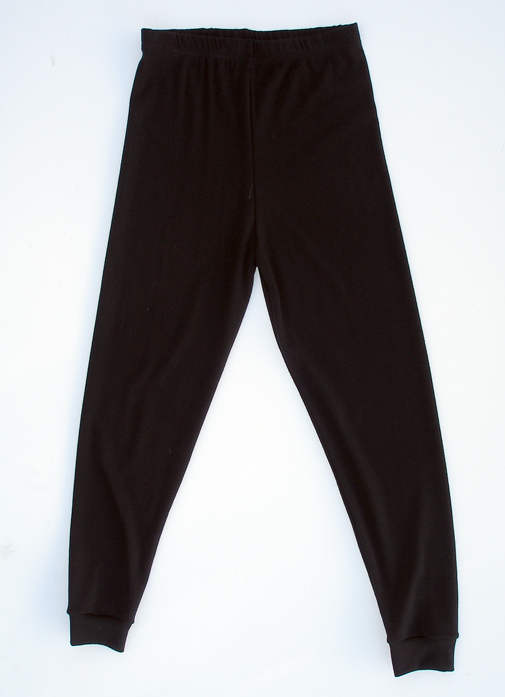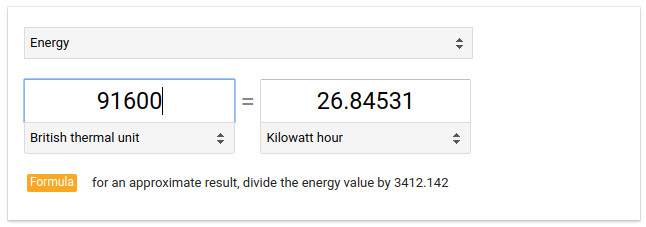After a downright frightening heating bill, I am thinking of switching to electric heat. I want this to be as little impact to the house as possible. I currently live in a 1100 sq ft manufactured home (mobile home... its a trailer) with a bedroom on each of the polls and a massive kitchen and living room area. My plan is:
A small space heater per bedroom
A baseboard heater for the kitchen livingroom area
My home has 100A line coming in with a 60A main breaker. The electrical is already heavily separated and my panel has enough room for two more 15A breakers. I do not have ready access to a 230V line. (I know enough not to do any work here myself)
Is there anything that I need to know before committing to this? Does anyone have any similar stories that can help me with this?
P.S. It may be worth noting that I currently pay $5.10/gal (!!) for propane and $0.08/kwh for electric. The current system is forced hot air.
UPDATE: I have equipped the main rooms with electric, oil-filled heaters. During the day they keep the house warm enough and at night our bedrooms are fine (the living room and kitchen suffer but I'm the only one who wakes up early enough to notice so moot point).


